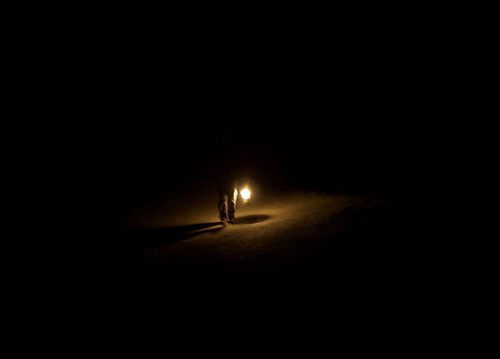
What a short little treat to gobble down after three heavy gutbombs of literature! Plus, pictures to look at!
The Little Prince looks like a children's story on the surface, but the lessons and themes that is trying to teach seems to be suitable for those who have lost their way in life by becoming overfocused on the mundane elements of existence.
This is not to say that it's not good for children. It's more like advice that a child will have no idea how to put into immediate use, only to reflect in the future on the message of the value of subjectivity in The Little Prince.
Basically, this is Siddhartha for beginners.
As the little price travels from asteroid to asteroid, each person he encounters lives on his own little planet is only unhappy when he lives or wishes to live outside of his own needs. He is aware that he is basically alone on this planet but can see others floating in the cosmos around him.
This really illustrates the happiness tied up in needs over wants.
How much room do you actually need in your house? How much food do you actually need to eat? How much money will you actually spend?
Not as much as you probably think.
The little prince can't figure out how people on Earth act.
"Men occupy very little space on the Earth. If the two billion inhabitants occupying the planet were to stand upright and crowded together, as at a meeting, they could easily live on a public square twenty miles long and twenty miles wide. All humanity could be piled up on a tiny islet in the Pacific.
Grown-ups of course will never believe you. They think that they take up a lot of space"
Another sentiment that is simple and strong is that "What is important cannot be seen," which is repeated throughout the book.If only this was more of a conversation in our society rather than the relentless consumerism and worship of monetary growth that trickles down to kids, who hopefully don't figure this lesson out before it's too late. This should be required reading in America or, at least, just in Texas.
Overall, a smashing read.
Next up, Man's Fate by André Malraux




